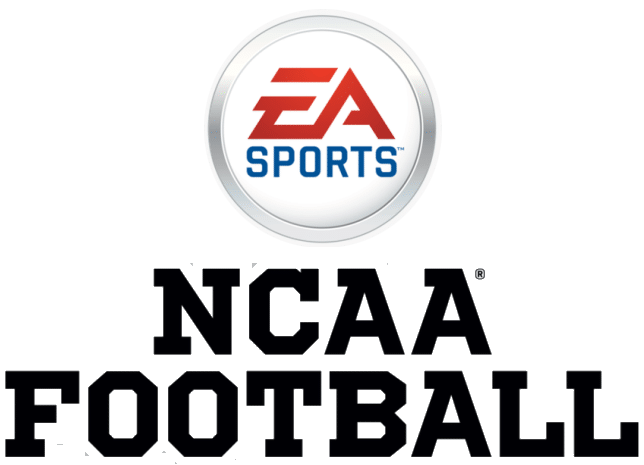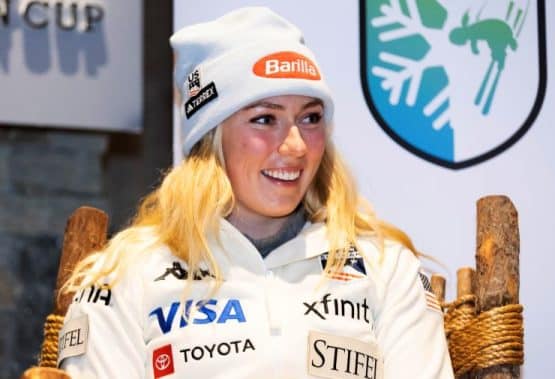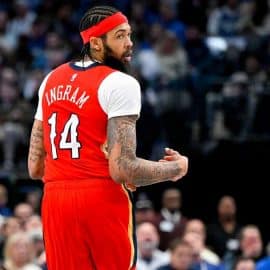The Highly Anticipated Release of NCAAF ’24 Has Already Hit a Bit of a Snag.
I do not think anyone is more excited about this release than me, but we’ve already hit a hiccup. EA Sports is facing a lawsuit over the compensation offered to college athletes for its upcoming college football game, set to be released in 2024. The lawsuit has been filed by The Brandr Group, which holds group licensing contracts for 54 Division I schools that would be represented in the game. The Brandr Group argues that EA is attempting to bypass these agreements by negotiating directly with individual athletes for their name, image, and likeness rights.
EA Sports sued by licensing group: What it means for college football video game as another NIL issue ariseshttps://t.co/a7kmsNpt7s
— Barrett Sallee 🇺🇸 (@BarrettSallee) June 20, 2023
A Complicated NIL Deal
Initially, EA had stated that athletes from schools working with The Brandr Group would have their deals handled through the group. However, in May 2023, EA entered into a partnership with OneTeam Partners to facilitate group licensing deals instead. As a result, EA started offering athletes the option to directly “opt into” deals without involving The Brandr Group.
According to The Brandr Group, EA’s offers to the athletes involved in the game are insufficient, with a compensation of $500 and no royalties, which they believe is below market value. Additionally, The Brandr Group claims that EA has offered schools around 10 percent of projected profits from the 2024 edition of the game, which they deem inadequate.
The lawsuit argues that The Brandr Group should have the authority to negotiate on behalf of athletes at schools covered by its contracts. They assert that EA’s decision to exclude The Brandr Group from the direct deal-making process constitutes “tortious interference.”
A Highly Anticipated Return
EA Sports College Football marks the publisher’s return to the college football gaming realm since NCAA Football 14. The franchise went on hiatus following a legal dispute regarding player likenesses being used without compensation. The NCAA reached a $20 million settlement in a lawsuit involving college basketball and football players, while EA Sports settled the Ed O’Bannon lawsuit, which pertained to name and likeness rights, with a $40 million payout.
As the legal battle unfolds, the outcome will determine the extent to which college athletes can negotiate fair compensation for the use of their name, image, and likeness in video games and the implications for the future of college sports video game licensing.
Add The Sports Daily to your Google News Feed!







